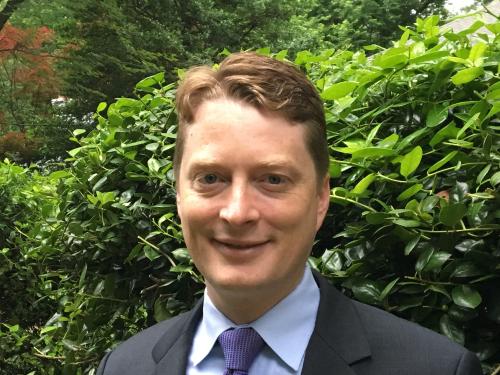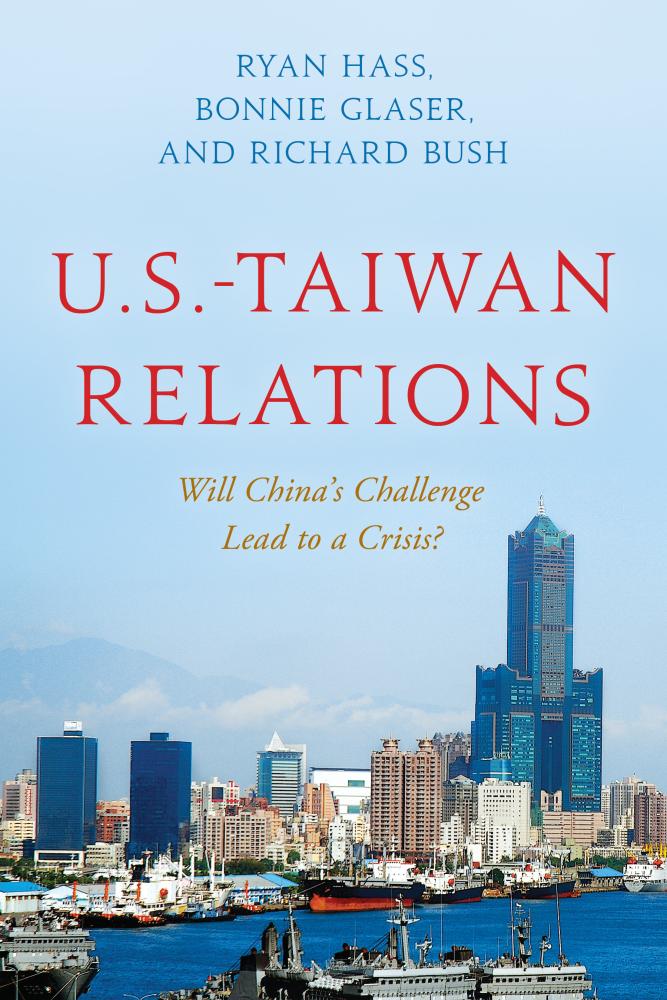
Vying for Talent focuses on the role human talent plays in the sprawling competition between the United States and China. Ryan Hass and Jude Blanchette host expert guests to explore how the United States can improve its competitive edge for the future.

